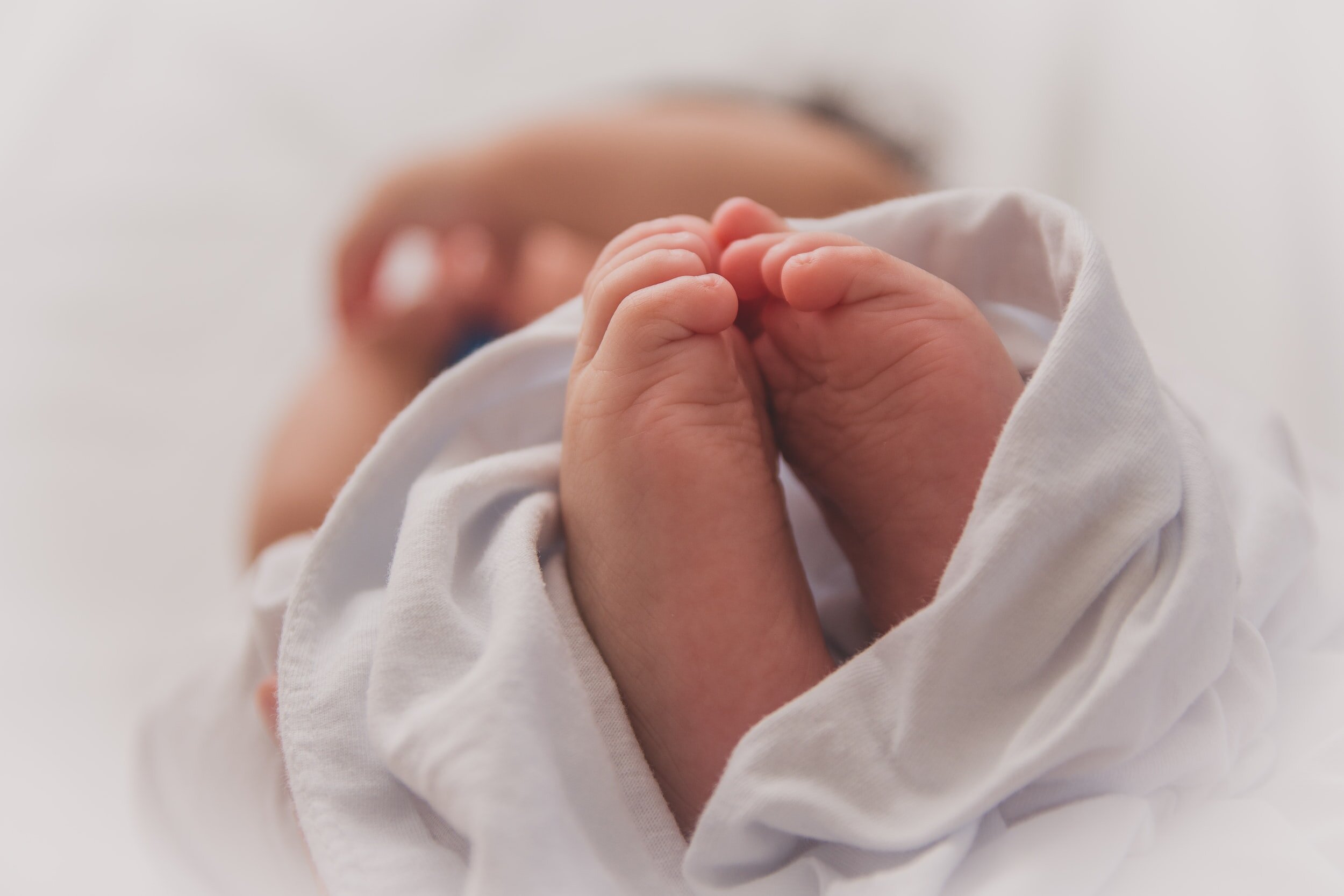
Cancer survivors with young children face unique challenges.
Rates of cancer amongst adults ages 20-49 are increasing.
Currently, statistics are not regularly kept on how many people diagnosed with cancer are young parents or guardians. However, a 2010 study estimated that approximately 562,000 U.S. minor children are living with a parent in the early phases of cancer treatment and recovery. And the National Cancer Institute’s 2019 Annual Report to the Nation found that while overall cancer incidence rates for all ages have decreased, rates of cancer amongst adults 20-49 are increasing - an age range that corresponds with the years when many are becoming parents.
Few cancer resources are targeted to young parents.
Because the median age for most cancers is 60+, there are few resources available to support young survivors, especially those with young children. Of the resources that do exist for young survivors, many are focused on the very young - e.g. those in their teens and early 20s, or may be targeted to young survivors of specific cancers (e.g. breast cancer).
Young parents who are cancer survivors have unique needs.
The exhaustion and trauma of cancer impacts not only the diagnosed parent or guardian, but also their children, and the entire family unit. On a practical level, survivors may have significant support needs, e.g. meals, housekeeping, childcare, etc., but severely limited time to research how to get help. Physically, their cancer may impact specific parts of parenthood, e.g. being able to breastfeed, or simply having the energy to keep up with small kids. And, emotionally, young parents may feel significant anxiety or depression about seeing their children grow up, and anger and frustration at being “robbed” of precious time during their children’s earliest days – fleeting moments even under normal circumstances.
“Cancer and its treatment pose unique challenges to survivors with minor children and may have a more negative impact on these individuals—and their families.”
“PARENTAL CANCER AND THE FAMILY” | WEAVER ET AL. | SEPTEMBER 2011




